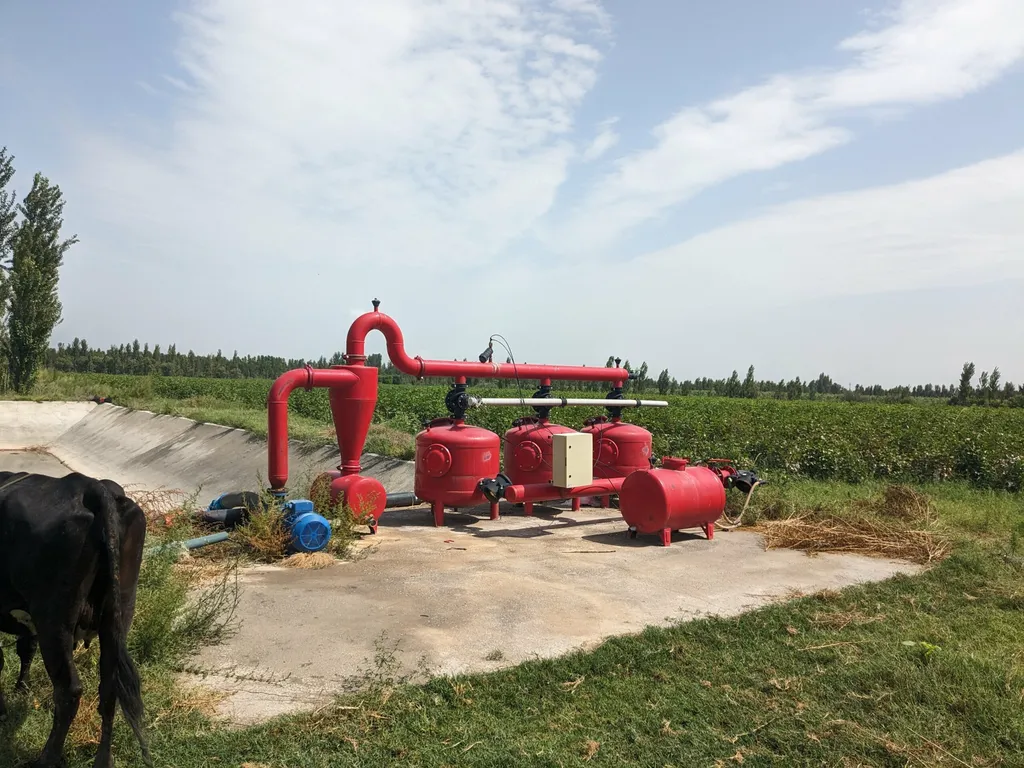In the heart of Uzbekistan, where the Aral Sea’s slow disappearance serves as a stark reminder of water management’s critical role, researchers are making strides in the operational management of water distribution systems. Tolaniddin Nurmukhаmedov, a scholar from Tashkent State Transport University, has published a study in the *Proceedings of the International Conference on Applied Innovations in IT* that could reshape how we approach water distribution in agriculture and industry.
Nurmukhаmedov’s work focuses on developing mathematical models and quality criteria for managing water distribution systems, including river basins, main canals, and inter-farm waterways. These systems are the lifeblood of agriculture, and their efficient management can significantly impact crop yields and economic outputs.
“Water scarcity and uneven distribution are pressing issues,” Nurmukhаmedov explains. “Our research aims to address these challenges by integrating advanced mathematical approaches and intelligent software tools to improve system performance.”
The study delves into the complexities of water distribution, highlighting technical inefficiencies and proposing solutions that could revolutionize the sector. By incorporating real-time data processing and predictive analytics, Nurmukhаmedov’s models aim to enhance decision-making processes, ensuring that water is distributed more equitably and efficiently.
One of the most promising aspects of this research is the development of new algorithms designed to tackle real-time distribution challenges. These algorithms, supported by custom software applications, can automate key functions in water management systems, potentially saving time and resources.
The commercial impacts for the agriculture sector are substantial. Efficient water management can lead to increased crop yields, reduced water waste, and improved economic outputs. As climate change continues to exacerbate water scarcity issues, the need for such innovative solutions becomes even more pressing.
Nurmukhаmedov’s work, published in the *Proceedings of the International Conference on Applied Innovations in IT*, represents a significant step forward in the field. By addressing the operational management of water distribution processes, this research could shape future developments in water resource management, benefiting both the agriculture sector and the broader economy.
As we look to the future, the integration of advanced technologies and mathematical models in water management systems could pave the way for more sustainable and efficient practices. Nurmukhаmedov’s research serves as a beacon of hope, demonstrating the potential of innovative solutions to address some of the most pressing challenges in water resource management.

